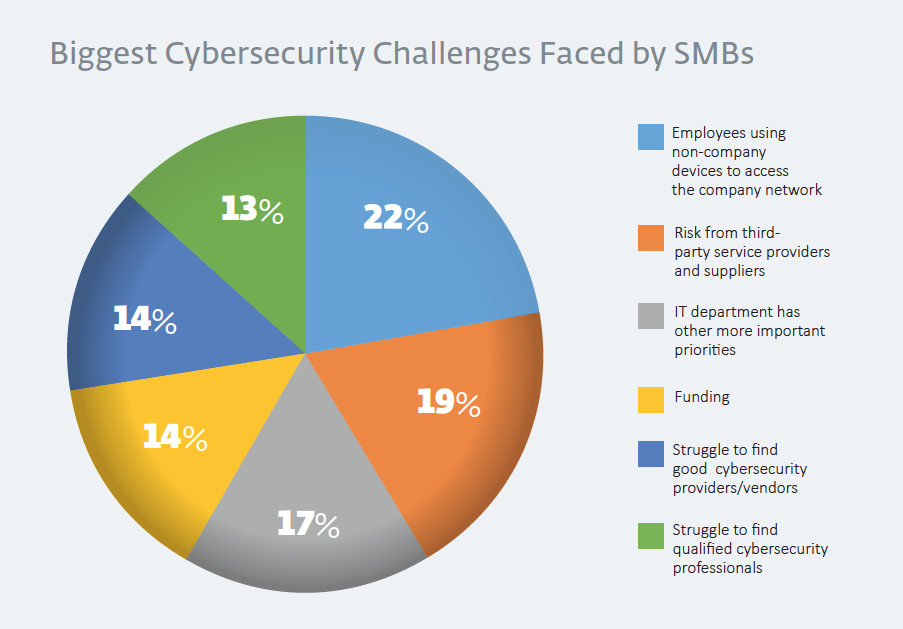The costs associated with cybersecurity often deter small and medium-sized businesses (SMBs) in the Asia Pacific (APAC) region from making serious considerations about security solutions, owing to limited budgets and lack of expertise, a survey by ESET has found.
As the Asia Pacific region continues to grow, and adoption of digital technologies – by consumers and businesses – continues, the region is starting to appreciate how attractive it has become to cybercriminals.
The key for a business owner to understand cybercrime, and by extension, cybersecurity, is to appreciate that every type of business is a potential target. Take a small business, for example: obviously, it does not have the financial influence of a larger, more widely known enterprise, but an attack on its data can be, and often is, more devastating. And not just from a financial standpoint, but it could severely damage customer confidence in that business.
For small business owners, cybersecurity can no longer be viewed as nice-to-have. It really has become a must-have.
The biggest cybersecurity challenge cited by SMBs in the region is employees using non-company devices to access the company network. This is compounded when you find that funding is, for, small business owners, the biggest obstacle to implementing better cybersecurity.
As data breaches rise, businesses are faced with the stark reality that a cyberattack could lead to the loss of client information. In Hong Kong, 44% of those surveyed stated that a loss of clients’ contacts and financial details was their biggest worry when it came to a breach.
Cybercrime and cyberattacks have started to become part of the business lexicon for SMBs, and while the consequences of incidents is negative, becoming aware and willing to tackle the issue proactively is positive.
The majority of SMBs in the region state that they currently have some basic cybersecurity solutions in place. 82% of businesses have antivirus software installed and 78% have firewalls to stop unauthorized access to their network. This is a promising move towards a more secure environment, however, 54% of businesses are still experiencing a breach.
Hopefully, this number will start to decrease as the Bring Your Own Device (BOYD) culture continue to come under greater cybersecurity scrutiny and companies educate employees of the dangers the company will face when using their personal devices to connect to the company network.
It is crucial that businesses not only have cybersecurity solutions that are able to monitor all aspects of access; it is important for them to implement and educate their employees about cybersecurity best practices.
Learn more about Cybersecurity in Asia Pacific: "State of Cybersecurity in APAC: Small Businesses, Big Threats"






